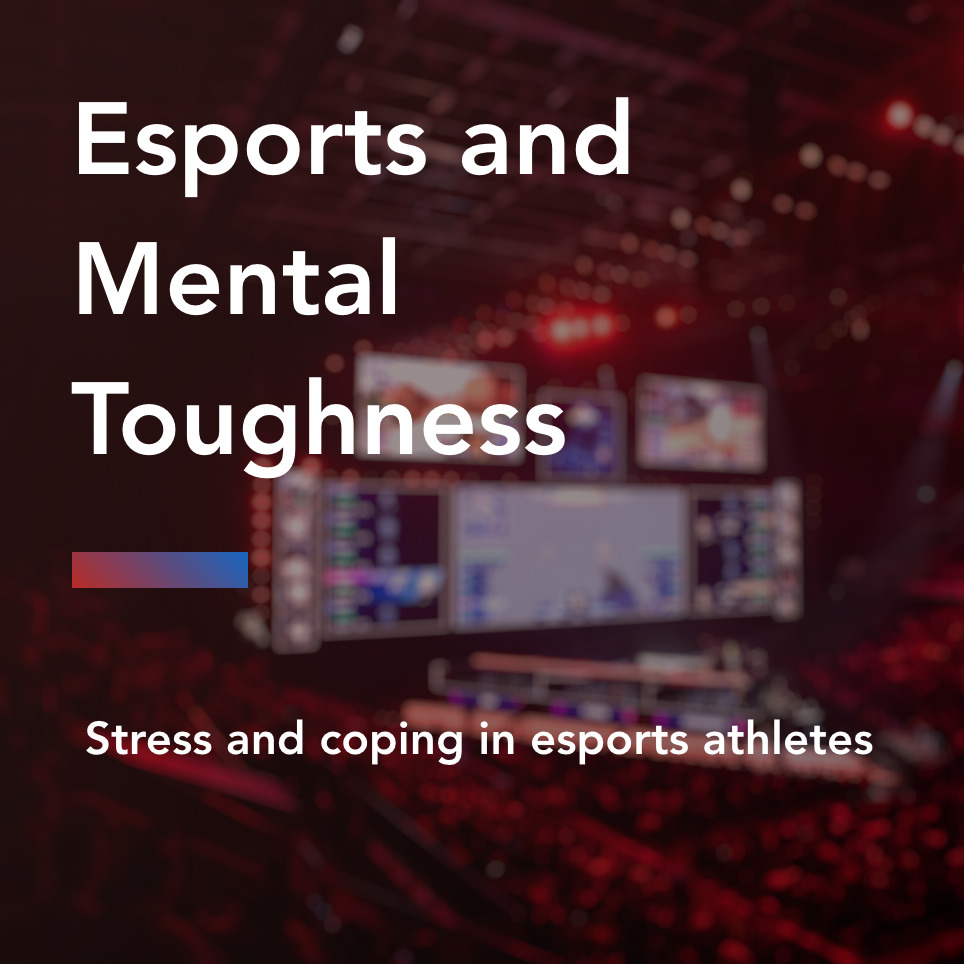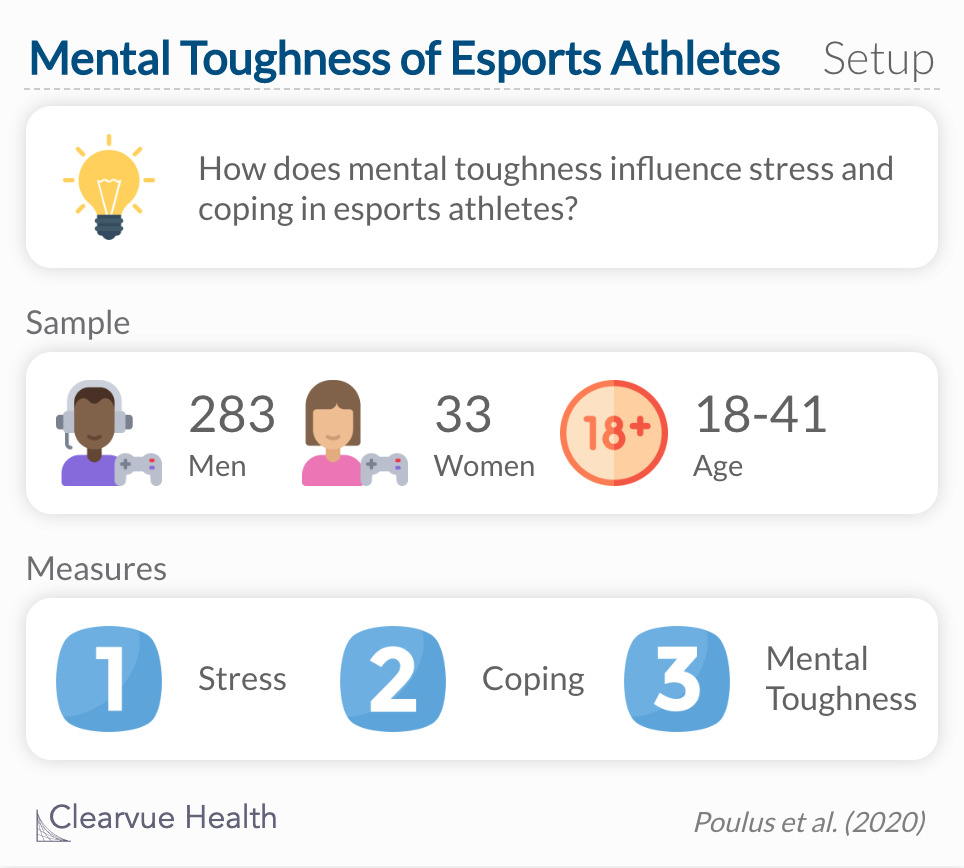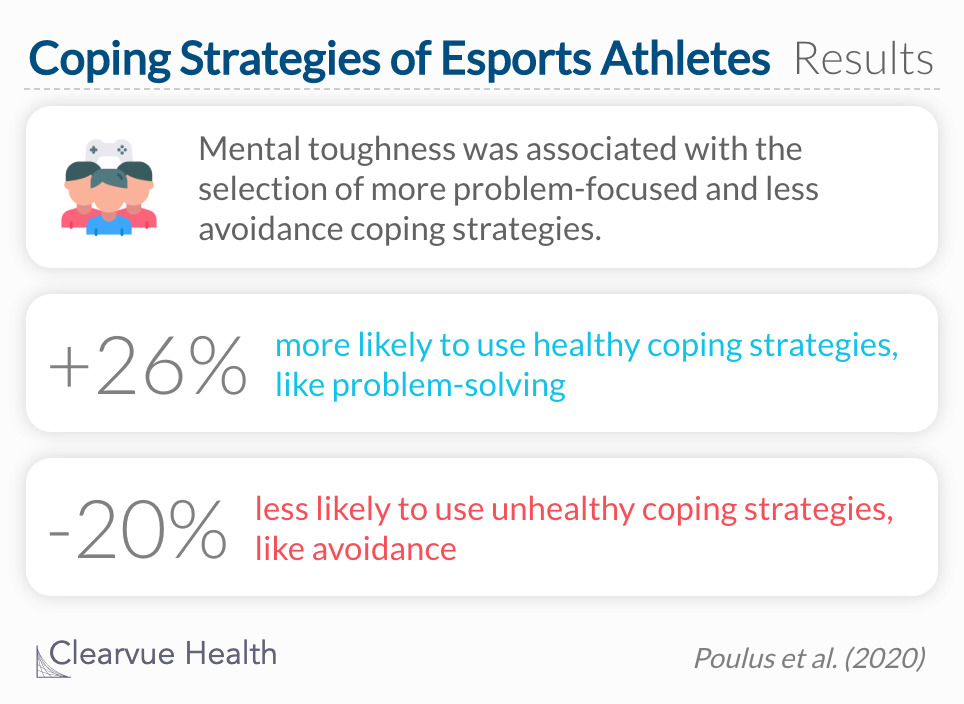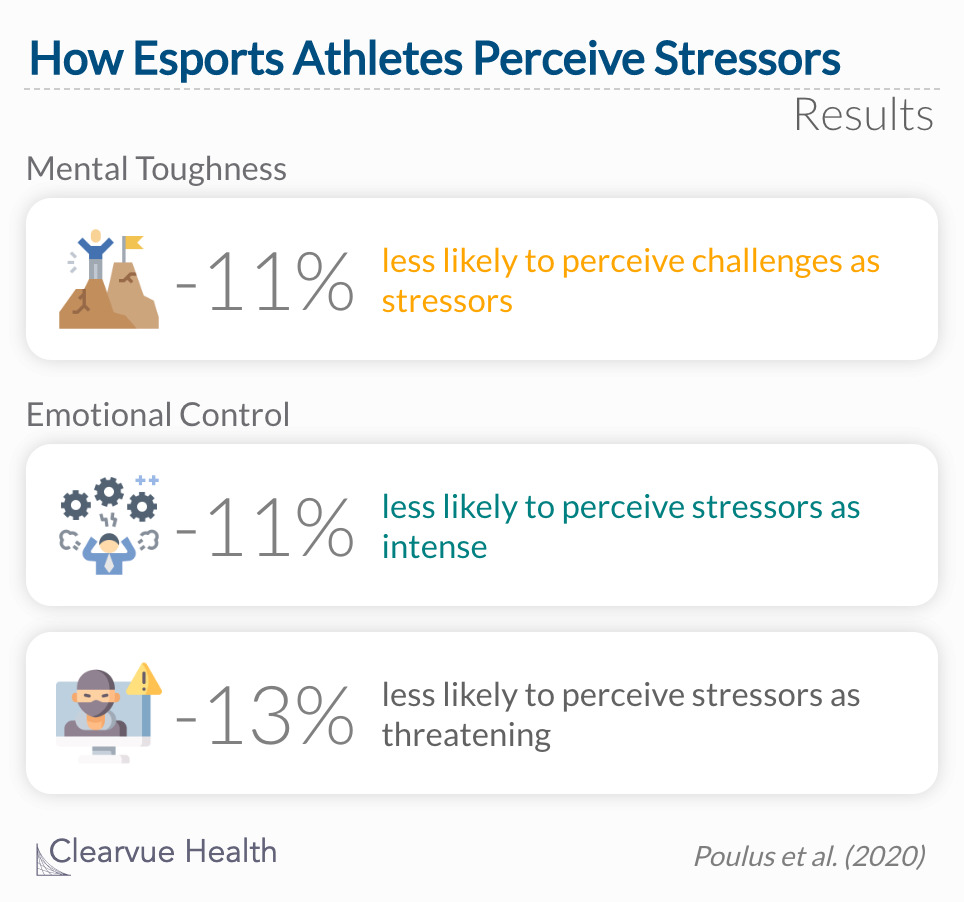Professional athletes are known for their drive, resilience, and discipline. Athletes who play sports like hockey, gymnastics, and soccer start training at a very young age. It takes a specific personality to commit oneself fully to a sport for so many years of their life.
With the rise of technology, esports has become a hundred million dollar industry. Competitions attract crowds comparable to US basketball's Final Four. Even so, esport athletes are criticized for the legitimacy of their sport in comparison to others. Though esports athletes may not train in the gym, new research is revealing psychological similarities between esports and traditional athletes.
Esports athletes are mentally tough
Researchers recruited 316 esports athletes ranked at the top of their games. They answered a series of questionnaires about their involvement in the game, training, and mindset. To measure how esports athletes deal with stress, athletes were asked to report stressors that they encounter while playing their esport.
Source: Stress and Coping in Esports and the Influence of Mental Toughness
Participants rated the intensity of the stressors, how much control they felt they had over the situation, how much of a threat they felt the situation was, and how challenging they felt the situation was. They also measured coping, which is how someone deals with the stressors in their life. Researchers used a standardized survey called the 28-item Brief COPE inventory to measure stress and coping. They used two standardized surveys to measure mental toughness, the MTI and the MTQ6.
The study found that esports athletes exhibited mental toughness and healthy coping strategies. They are more likely to use problem-focused strategies than avoidance. They also displayed significant emotional control when faced with stressors or threats.
Game on
“
The results indicate there is some overlap between mental toughness and stress-coping process in high-performing traditional sports and competitive esports athletes. These results suggest that esports athletes could benefit from sports psychology interventions designed for traditional sports athletes.
Top esports players portrayed coping abilities that are linked to mental toughness and healthy coping habits. This study supports the psychological likeness of esports and traditional athletes. As the gaming culture grows, so will the literature on the psychology of esports athletes.






































